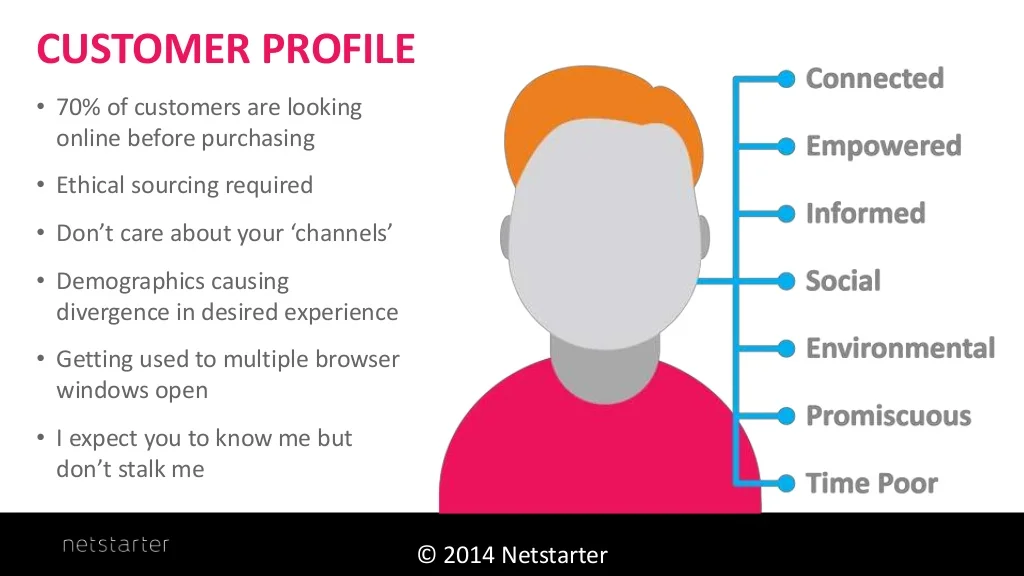Customer Persona
What is a Customer Persona?
Definition:
A “Customer Persona,” also known as a buyer persona or marketing persona, is a detailed and semi-fictional representation of an ideal customer for a business. It is a strategic tool that helps companies understand their target audience on a deeper level by creating a profile that includes demographic information, behaviors, preferences, and motivations. Customer personas serve as a valuable guide for marketing, product development, and overall business strategy.
Analogy:
Think of a Customer Persona as a character sketch in a novel. Just as an author creates detailed characters to make a story more relatable and engaging, businesses develop customer personas to humanize their target audience, making it easier to tailor products, services, and marketing messages to meet specific needs.
Further Description:
Creating a Customer Persona involves gathering and analyzing data related to the target audience, including demographics, behaviors, goals, and pain points. This information is then used to craft a persona that represents a segment of the audience. Each persona is given a name, a face, and a backstory, adding a human touch to what might otherwise be a collection of statistics.
Key Components of a Customer Persona:
- Demographic Information: Age, gender, occupation, income level, location, and other relevant details.
- Behavioral Traits: Buying behaviors, decision-making processes, preferred communication channels, and online activities.
- Goals and Motivations: What the customer is trying to achieve, both personally and professionally.
- Challenges and Pain Points: Obstacles or problems the customer faces that the business can help address.
- Preferred Marketing Messages: The type of messaging and content that resonates with the persona.
Why are Customer Personas Important?
- Targeted Marketing: Helps tailor marketing efforts to specific segments of the audience, making campaigns more effective.
- Product Development: Guides the creation of products and services that align with the needs and preferences of the target customers.
- Improved Customer Communication: Enhances communication strategies by speaking directly to the concerns and aspirations of the target audience.
- Enhanced Customer Experience: Aids in designing a customer experience that aligns with the preferences of the identified personas.
- Better Decision-Making: Provides a framework for decision-making by aligning strategies with the identified goals and challenges of the target audience.
Examples and Usage:
- Tech Enthusiast Persona: A persona named “Tech-savvy Tim” who is in his early 30s, works in IT, enjoys the latest gadgets, and is motivated by staying ahead in technology trends.
- Fitness Fanatic Persona: A persona named “Fit and Fabulous Fiona” who is a fitness instructor in her late 20s, values health-conscious products, and seeks convenient solutions for a busy lifestyle.
- Eco-Conscious Persona: A persona named “Green Living Greg” who is environmentally conscious, supports sustainable practices, and prefers brands with eco-friendly initiatives.
In summary, Customer Personas are invaluable tools for businesses seeking a deeper understanding of their target audience, enabling more effective marketing, product development, and customer engagement.
Key Takeaways:
- A Customer Persona is a detailed representation of an ideal customer, incorporating demographic information, behaviors, preferences, and motivations.
- It serves as a strategic tool for businesses in marketing, product development, and overall strategy.
- Key components include demographic information, behavioral traits, goals, challenges, and preferred marketing messages.
- Customer personas contribute to targeted marketing, improved customer communication, enhanced customer experience, and better decision-making.





